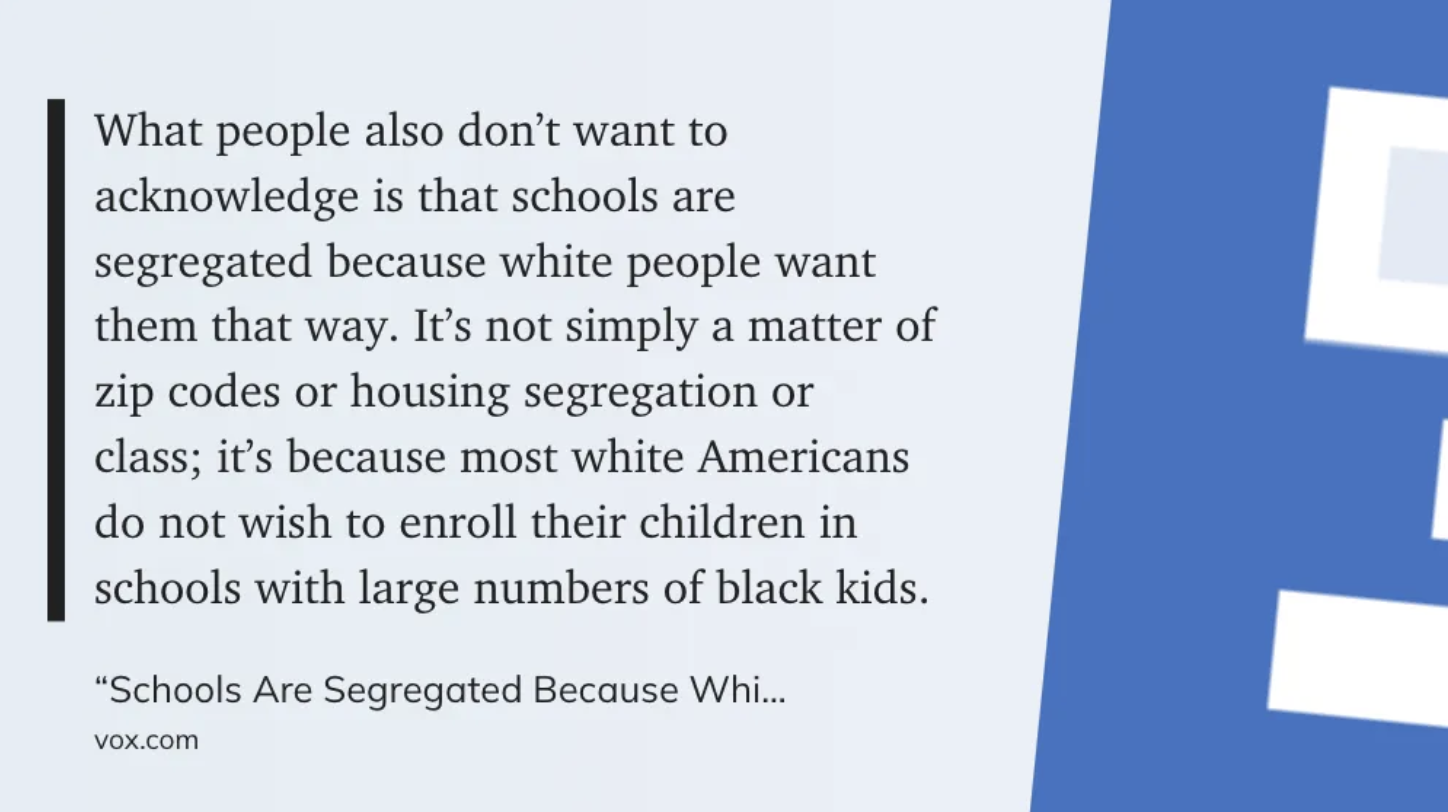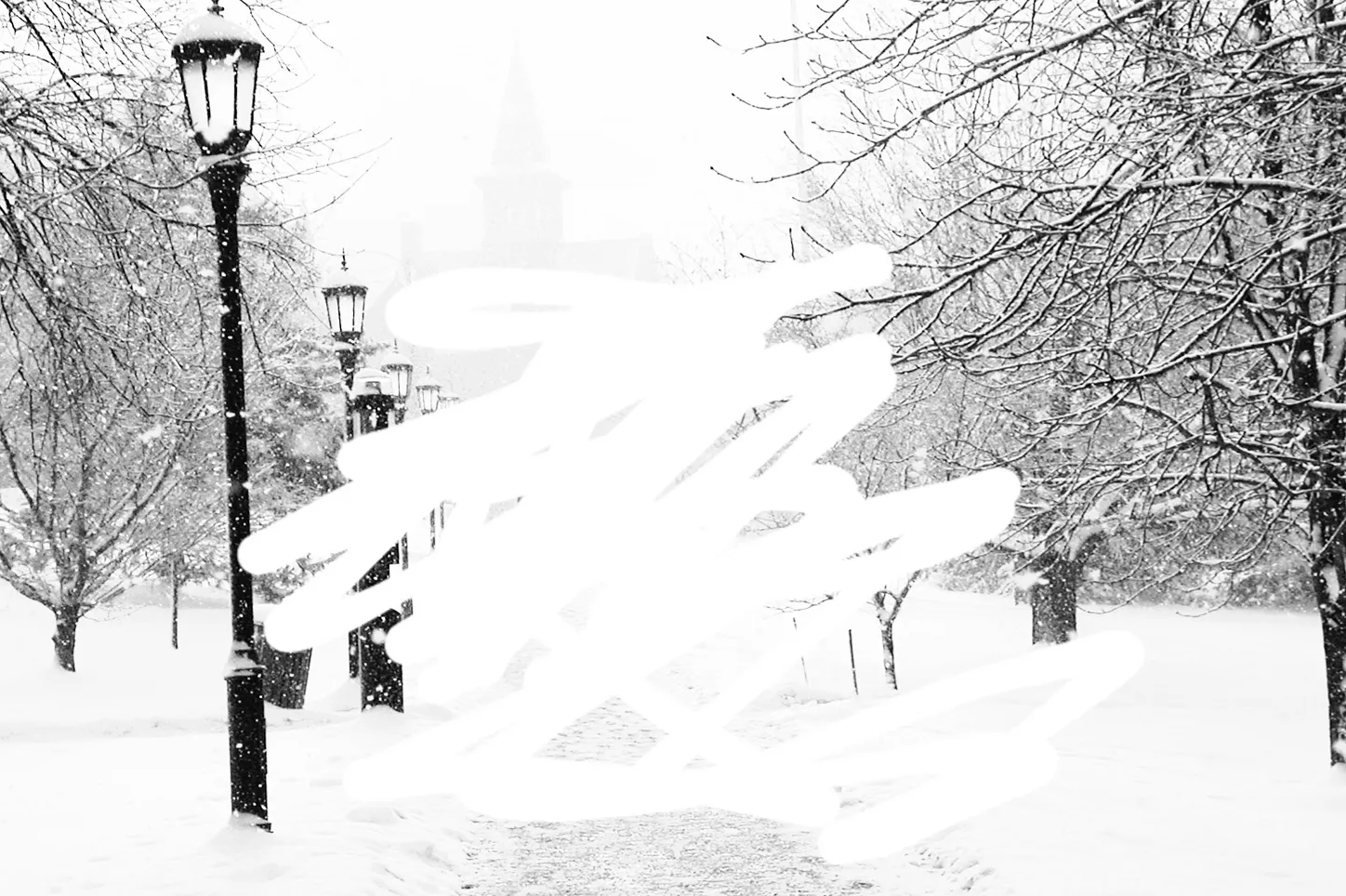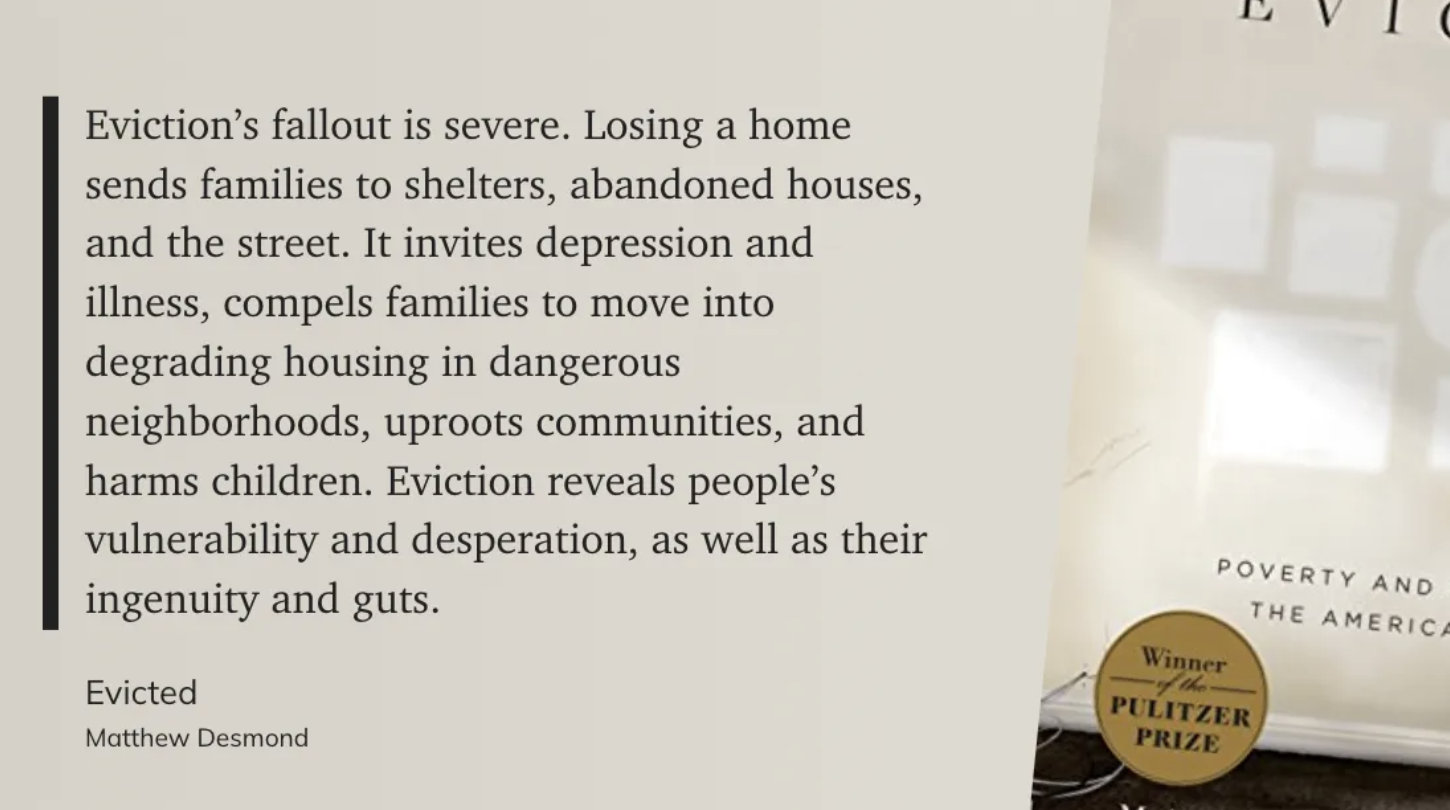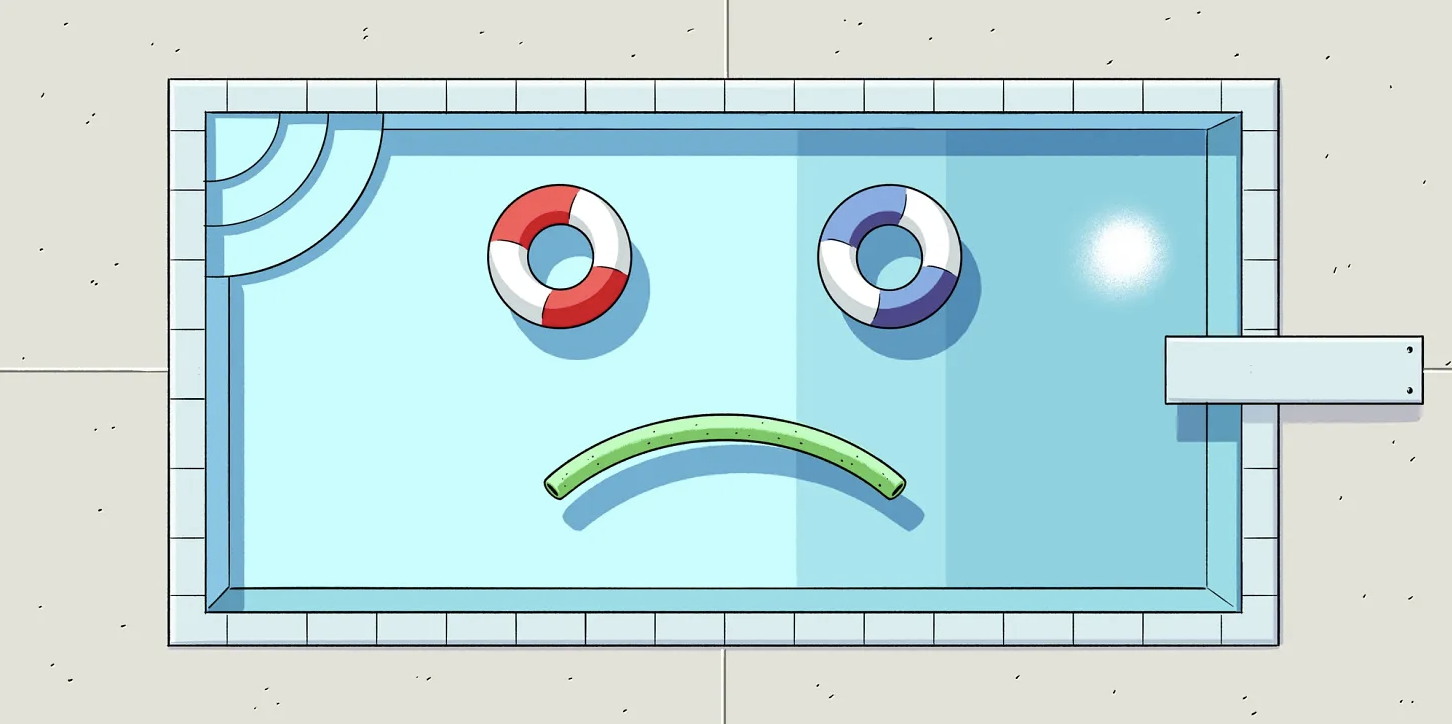🏆 Thank you, loyal readers, for another great year at Article Club
It’s that time of year again. Let’s reveal the best articles of the past year, shall we? But before the unveiling, a couple quick things:
Thank you for a great year. Together we discussed 10 phenomenal articles, interviewed 10 outstanding authors, and published 50 issues that included more than 150 great pieces on race, education, and culture. Plus we rebranded and came out with our own Enneagram.
Our reading community is strong. We added 300 new loyal readers and 20 new paid subscribers. More than 100 people joined our monthly discussions, facilitated by generous fellow Article Clubbers. We gathered at HHH, read the NYT at the Lake, and held quiet reading hours. And loyal reader Melinda joined us as podcast co-host and Chat leader (see below).
One more time: Thank you for your readership.
OK, are you ready for this year’s winners? (And: Can you predict them?)
Here we go. The selection process was rigorous. After scanning all ~150 pieces, I chose 12 semifinalists, reread them all, and then narrowed the list down to the best of the best. They’re outstanding and in no particular order. I hope you enjoy (re)reading them. If you’re moved, I’d love to hear which one is your favorite. All you need to do is click the button below.
A happy break and holiday to you. See you in the New Year! I’m taking two weeks off, back Jan. 4.
Update: Article Club Chat
💬 Let’s chat: Hi Article Club! Melinda here! You may have seen that I’ve been hosting a discussion of the new personal essay series by writer and podcaster Ann Friedman over in the Substack Chat. This is an opportunity to connect with fellow Article Clubbers in a flexible way to discuss this series where Ann shares her current unexpected journey from child-free person to new parent. We’ll be taking a short break for the end-of-the-year holidays, but we’ll be back in the New Year on Monday January 8th at Noon Eastern to continue our discussion of this profound essay series. If you’ve been curious about the Article Club community, this is an easy and flexible way to check it out — it’s basically like a fun group chat with a bunch of thoughtful folks reading exceptional writing. And if you’re a long time Article Clubber looking to connect with folks in the community in between the monthly discussions, this is a great way to connect and share! You can read more here about why I was inspired to start this new chat feature, plus listen to my mini-podcast episode and get all the details on how to join! Have a safe and lovely holiday season, and I can’t wait to see you in the New Year!
1️⃣ The Sunset
Young people are scared of old people, which is to say all people are scared of old people, which is to say all people are scared of death.
Because we’re scared of death, our society doesn’t care about old people, unless they’re our grandparents. So when Lisa Bubert chooses to work as an aide in a Texas nursing home as a 19-year-old college student, making $7.25 an hour, her friends are confused. Even before COVID, the annual turnover rate was 60 percent – not surprising, given the understaffing and underfunding. Despite the horrendous working conditions, Ms. Bubert finds purpose and meaning in her work. It helps to think of her Granny K when connecting with residents who feel isolated and lonely. She recognizes that death is a vulnerable act: “There is no act of love greater than to sit with someone as they face their deepest moment of vulnerability.”
By Lisa Bubert • Longreads • 13 min
2️⃣ The Instagram Account that Shattered a High School
This article was our summer blockbuster, telling the story of a racist social media account and its repercussions on young people and their community in the Bay Area. The piece also raises the question: What does it mean to be held accountable for harm that takes place behind a screen?
Ms. Slater writes:
The questions that the account raised — about fighting bigotry, about the impacts of social media and about the best way to respond when young people in your community fail so utterly to live up to the values you thought you shared — had no simple answer. Whatever you believed about Albany, about America, about teenagers, racism, sexism, social media, punishment and the public discourse on each of these topics, the story of the Instagram account could be marshaled as evidence. It was the incident that explained everything and yet also the incident that couldn’t be explained.
I instantly connected with the article, not only because I’m an educator in the Bay Area, but also because of Ms. Slater’s riveting prose. Her reporting is spot on; she does an excellent job eliciting the perspectives of the boy who created the account, his friends who laughed and egged him on, the girls who he harmed, the school administrators who had no clue, and the parents who called for blood. I especially appreciated the care and nuance Ms. Slater brought to this piece.
The article also exposes the limitations of our current notions of justice and accountability. We know old-school punishment doesn’t work. It doesn’t heal. It doesn’t teach. But it’s comfortable. It makes us feel we’ve done something to address the harm. But in this piece, Ms. Slater reminds us that the harm is still there, for everyone involved, including the perpetrator.
By Dashka Slater • The New York Times Magazine • 47 mins
Watson, who belongs to loyal reader Maria, is a nature dog who loves to explore the world and then snuggle the day away. Want your pet to appear here? hltr.co/pets
3️⃣ The Fog: Living With Adoption’s Emotional Aftermath
Originally published in The New Yorker in April, the extraordinary piece profiles three adoptees who have come out of “the fog,” or the denial of the trauma of being adopted. Not all adoptees have mixed or negative emotions, but many do.
They seek their birth parents but are lied to; they can’t obtain their original birth certificates; they’re told they should be happy they’re adopted when their feelings are complicated; they find the adoption system corrupt; they feel like they’re living a double life, estranged from the person they really are.
By focusing on the lives of Deanna, Joy, and Angela, the article also discusses the history and problems of three categories of adoption: invisible (or closed) adoptions, transracial adoptions, and international adoptions.
Author Larissa MacFarquhar writes:
“Coming out of the fog” means different things to different adoptees. It can mean realizing that the obscure, intermittent unhappiness or bewilderment you have felt since childhood is not a personality trait but something shared by others who are adopted. It can mean realizing that you were a good, hardworking child partly out of a need to prove that your parents were right to choose you, or a sense that it was your job to make your parents happy, or a fear that if you weren’t good your parents would give you away, like the first ones did. It can mean coming to feel that not knowing anything about the people whose bodies made yours is strange and disturbing. It can mean seeing that you and your parents were brought together not only by choice or Providence but by a vast, powerful, opaque system with its own history and purposes. Those who have come out of the fog say that doing so is not just disorienting but painful, and many think back longingly to the time before they had such thoughts.
Some adoptees dislike the idea of the fog, because it suggests that an adoptee who doesn’t feel the way that out-of-the-fog adoptees do must be deluded. And it’s true; many out-of-the-fog adoptees do believe that. They point out that a person can feel fine about their adoption for most of their life and then some event—pregnancy, the death of a parent—will reveal to them that they were not fine at all. But there are many others who reject this—who aren’t interested in searching for their birth parents, and think about their adoption only rarely in the course of their life.
I loved this article for many reasons. One was how much I learned. Though I have many friends who are adoptees and adoptive parents, and though I have tried to understand their experiences, I’ve remained fairly ignorant of the pain that some of them have suffered. Another reason was Ms. MacFarquhar’s compelling prose. The piece is long, but I was riveted from beginning to end because the author holds Deanna, Joy, and Angela with compassion and tells their stories directly. There’s no fluff. Every sentence is about honoring their lives and experiences.
By Larissa MacFarquhar • The New Yorker • 71 mins
4️⃣ Wider Than The Sky
“The human brain,” Phyllis Beckman writes, “weighs approximately three pounds, resembles nothing so much as a shelled walnut, and is the texture, one neurosurgeon tells us, of soft tofu.” Yet our brains hold our memories, they direct our activities, they tell us when when to eat and sleep, they help us dream.
The love we experience in our lives, as well as the pain and sorrow, comes not from our hearts, Ms. Beckman reminds us, but rather from our brains.
This exquisitely written piece, a moving braided essay, explores the meaning of consciousness, the question of free will, and the mystery of chance.
One moment, Ms. Beckman and her husband, the love of her life, are enjoying a summer meal together — beef kabobs on the grill, yellow bell peppers, cherry tomatoes. The next moment, she notices something off. She says to her husband, “Your left pupil is dilated.”
By Phyllis Beckman • True Story • 31 min
Thank you for reading this week’s issue. Hope you liked it. 😀
To our 5 new subscribers — including Amanda, Camino, Ellis, Myriam, and Coco — I hope you find the newsletter a solid addition to your email inbox. To our long-time subscribers (Nick! Nicholas! Nico!), you’re pretty great, too. Loyal reader Mindy, thank you for sharing the newsletter and getting the word out.
If you like Article Club, please help it grow. I really appreciate your support. Here are two ways you can help out:
❤️ Become a paid subscriber, like Bernie (thank you). If you’ve subscribed for free for some time, and you appreciate the articles and interviews, or if you’ve joined one or more discussions, I encourage you to take the leap. You’ll join an esteemed group of readers who value the mission of Article Club. Plus you’ll receive surprise perks and prizes from time to time. It’s $5 a month or $36 a year.
Also: If locking in a subscription feels like too much of a commitment right now, you can buy me a coffee ☕️ (thanks Beth!) to share your gratitude.
📬 Invite your friends to subscribe. Know someone who’s kind, thoughtful, and loves to read? I’d love it if you encouraged them to subscribe. Word of mouth is by far the best way to strengthen our reading community. Thank you for spreading the word.
On the other hand, if you no longer want to receive this newsletter, please feel free to unsubscribe. See you on Thursday, January 4, at 9:10 am PT.















